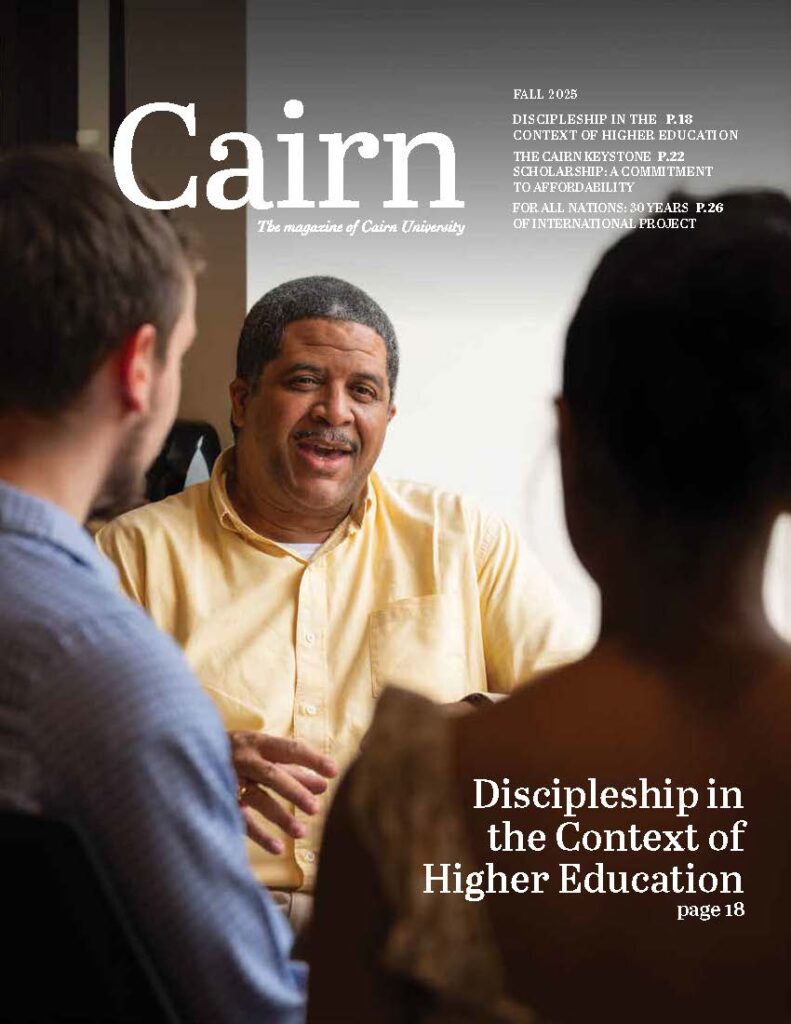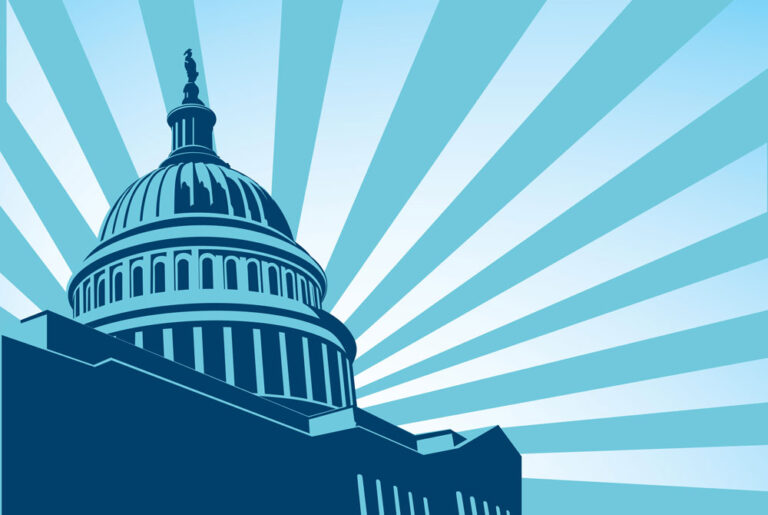In a few weeks, the American presidential election will come to a close. Hundreds of millions of dollars will have been spent. Families, friends, and communities will have been passionately divided over political differences and affiliations. An onslaught of both traditional media and social media provocation and antagonism will have left many people emotionally exhausted or outraged, or both. And when it is over, regardless of the outcome, it is very unlikely that Americans will be united in any semblance of that word. It is very unlikely that the temperature will be turned down on the social, cultural, and political rhetoric we have been experiencing in recent years. It is very unlikely that an all-out culture war will be averted. Whichever candidate prevails, whatever the reliability of and confidence in the execution of the voting process, and regardless of the margin of victory, there is no reason to expect anything other than elevated tension and cultural conflict. It is hard to imagine either side in this hotly contested election concluding when it is over, “The people have spoken. On to 2028.”
The reasons for such a dreary prognostication are numerous and complex but also fairly obvious. The social, cultural, and political tensions that mark American society are manifestations of the sharp differences that exist among us. Think on this for just a minute. Think on the differences and disagreements you may have had with people around you on any number of issues. Think on the prevalent language on social media and cable news shows. Think on the personal judgments we form of others based upon their associations. Think on the labels and brands we embrace or disdain: Trumpers and never-Trumpers, MSNBC and FOX News, vaxers and anti-vaxers, the Alt-Right and the Far Left, fake news and fact-checkers, free speech advocates and misinformation monitors. Think on the sharp disagreements that exist on issues and policies: Right-to-life or reproductive rights, sanctuary cities or a border wall, trad-wives and birthing-persons, voter suppression and voter fraud, religious liberties and gender identity discrimination, parent rights and student privacy. We are wrought with disagreements that are more than differences of opinion. The phrase, “I think we’re all saying the same thing in different ways and from different perspectives,” is not heard much anymore. Americans are truly divided. They very much believe that a political victory for the “other side” means increased governmental pushing of a particular social and cultural agenda. Because it does mean that, now more than ever in my own lifetime.
For more than a decade, polls on issues ranging from gun control to abortion have shown percentage divisions of 51/49, 52/48, and even 50/50. Those are not margins on which to base a clear majority rule. They show polarization. And in the past few years, those divisions are not the result of simply “differing” ideologies but “competing” or “opposing” ideologies that may well be, at their core, irreconcilable. Not just because we want different things, but because we think differently about life and how the world should be ordered. Consider abortion, even at a cursory level. Those of us who advocate for a pro-life position do not consider it a reproductive rights issue. We believe there is a higher moral authority according to which we are to order our lives and society, that we are not the ultimate arbiters of life and death or morality. The right to life of the unborn child supersedes any individual’s right to decide whether that child should live or not.
But those who would disagree do not see it as a matter of life at the most basic level. Rather, it is an issue of the individual’s own right to decide whether they want to carry a pregnancy to “term.” The individual has the right to decide not only this but whether this is a moral issue, because such decisions are relative and subject to the individual’s will. While some pragmatists on both sides might concede to “wiggle room” on specific details in legislation, perhaps even finding apparently practical compromises or solutions, this will not resolve what is a moral reasoning disagreement. Such disagreements are difficult, if not impossible, to resolve apart from one side changing its mind, not just about the specific issue but about the basis on which moral decisions are made. And this is a true threat to democracy because it is an impasse with serious consequences.
In my US government class, I teach students that a democratic form of government such as our republic resolves disagreements by 1) prevailing as with a vote, 2) persuading via debate, and 3) compromising. If any of those means of resolving disagreements should fail, often the worst in human nature steps from the shadows of that failure and the means of corruption, coercion, and open conflict are justified to reach the desired ends.
It is hard to argue the nation is not divided. And, as society goes, so goes the church. Believers are not only at odds with non-believers but with one another. So, what are we to do, and how are we to think—both as Americans, and as Christians? I would like to offer some brief suggestions for reflection and consideration.
Firstly, we should be honest about the state of things and the extent and basis of disagreement and division. And in so doing, Christians must then reason together and even argue and disagree, rightly. We must maintain our theology. Remembering that we are Christians firstly is absolutely critical. We serve the Lord, not the state, politicians, or political agendas. This keeps us focused and from despairing too much. The outcome of an election is not the end or the salvation of the world as we know it. It matters, but other things matter more. Perhaps praying together for spiritual renewal in our land would be a good start. We should also keep a good historical perspective. History is replete with examples of nations rising and falling, of failing and recovering. The dark days of the 1860s and the decade leading up to the Civil War remind us that America has been deeply divided in the past. If we care at all for the welfare of this “city in which the Lord has placed us,” we would do well to teach the founding principles of this nation and how they have been both threatened and preserved in the past.
We must be thinking people, not driven to conclusions by the crowd, by emotion, or by manipulation. We should examine our own thinking. We should avoid identity politics but also the temptation to believe that politics has no consequence at all, because in this world it clearly does. May I suggest limiting the media and punditry we consume? Reading our news might just be a better way. Finally, we should be careful to maintain our biblical integrity. Of course we should be careful not to hate, but we must be equally careful to hate the things that God hates. Of course we should be careful to love, but we must love biblically and love the things that God loves. We must always remember who we are, particularly when we find ourselves drawn to or drawn into the division around us.
This article was originally published in the Fall 2024 issue of Cairn magazine.










